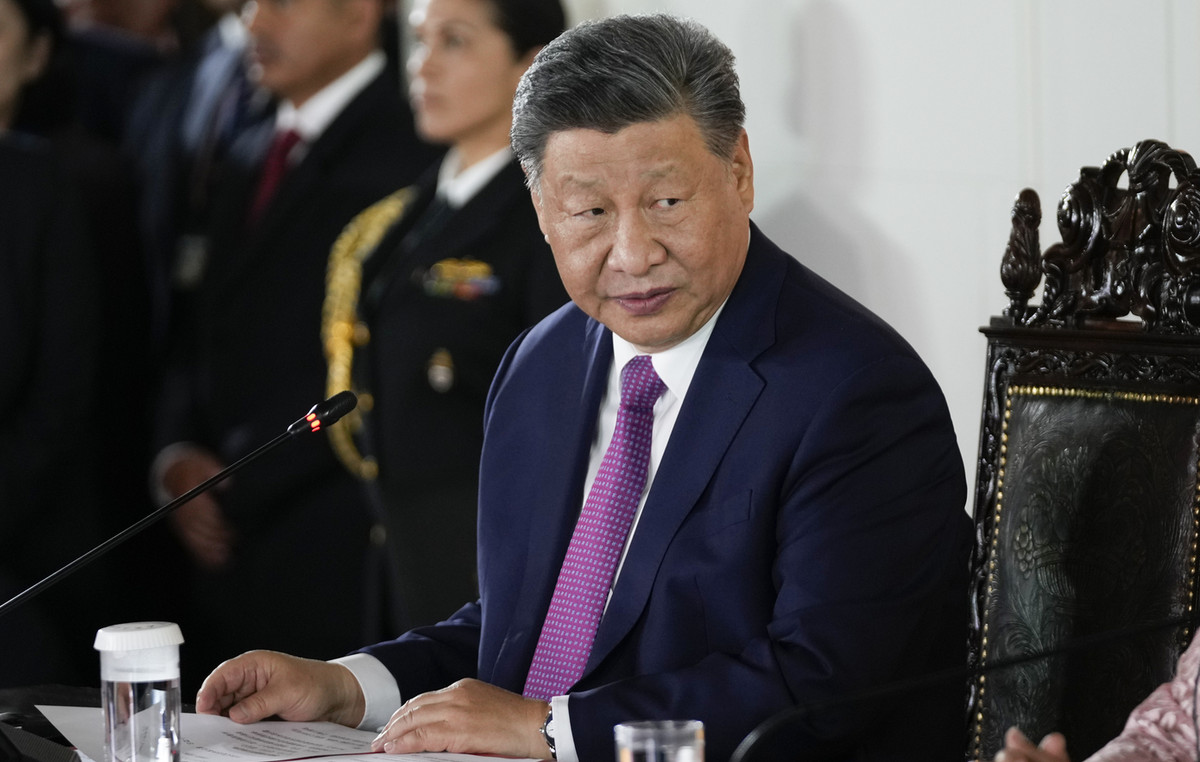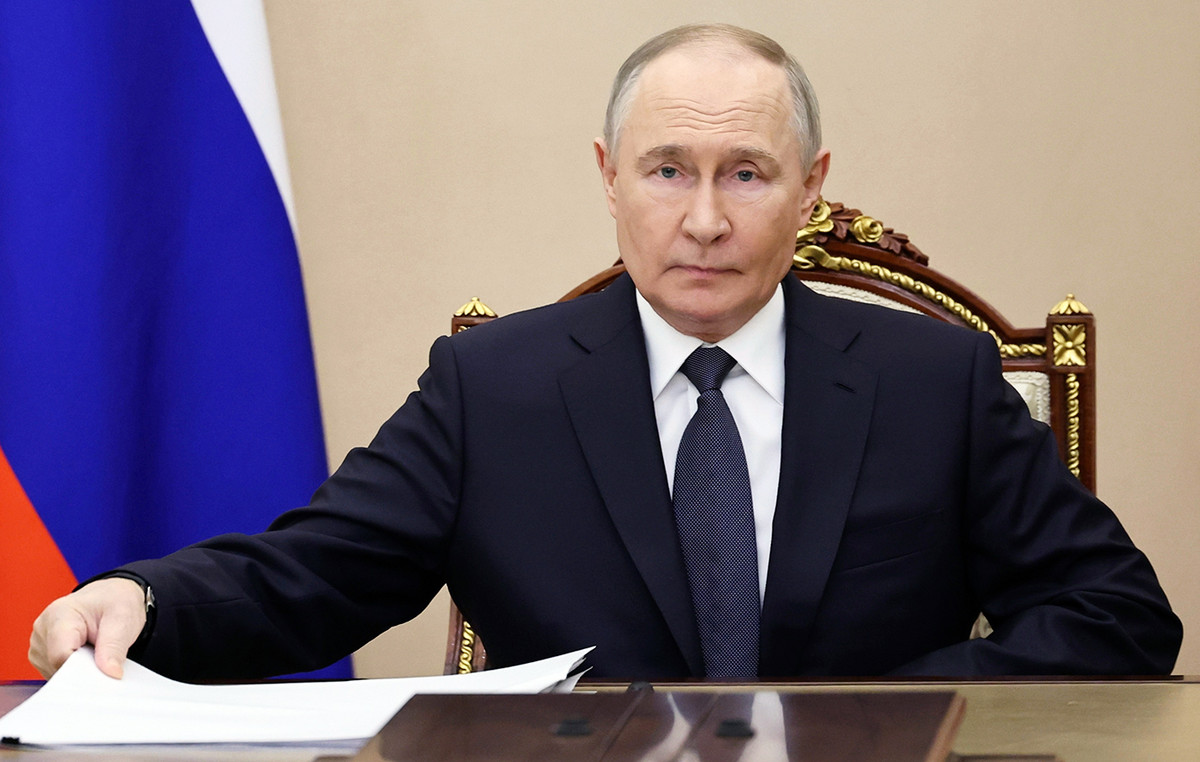The return on investments of Brazilian international reserves was negative by 0.62% in 2021, according to the International Reserve Management Report, released this Thursday (31) by the Central Bank.
In the document, the BC highlights that the return on investments from international reserves stems from some factors that influence the value of portfolios, such as interest levels and parities of investment currencies against the US dollar.
In 2021, the return was impacted by the loss of 0.82% with the foreign exchange result, partially offset by the gain of 0.20% with interest and other factors, according to the report.
Regarding the foreign exchange result, the BC says that the US dollar has appreciated against the other currencies that make up the reserves.
The result with interest was impacted by the slight increase in interest rates in the US on the one hand, but offset by the gain from investment in bonds indexed to American inflation and Chinese government bonds, according to the BC.
On December 31, 2021, Brazil’s international reserves totaled, under the cash concept, US$ 362.20 billion, a slightly higher volume compared to the end of 2020 (US$ 355.62 billion).
Considering the Special Drawing Right (SDR) as the base currency — a basket of currencies defined and used as cash by the International Monetary Fund (IMF) —, the return on international reserves was positive at 2.27% last year.
In this case, the BC explains that the positive result reflects the fact that Brazilian reserves have a higher percentage of US dollar (80.34% in December 2021) than the composition of the SDR.
The SDR is made up of the US dollar (41.6%), euro (31.3%), pound sterling (8.2%), yen (7.4%) and renminbi (11.4%) — data of December 23, 2021. “At the end of 2021, 95.77% of Brazilian international reserves were allocated in the currencies that make up the SDR.”
The consolidated result of reserves measured in reais in 2021 was positive at 6.72%.
“In this case, the variations of the real in relation to the reserve currencies dominate the total result. Additionally, as the volatility of the real is significantly higher than that of the dollar against its peers, the result in this currency is even more influenced by exchange rate fluctuations”, explains the BC.
Source: CNN Brasil
I am Sophia william, author of World Stock Market. I have a degree in journalism from the University of Missouri and I have worked as a reporter for several news websites. I have a passion for writing and informing people about the latest news and events happening in the world. I strive to be accurate and unbiased in my reporting, and I hope to provide readers with valuable information that they can use to make informed decisions.







